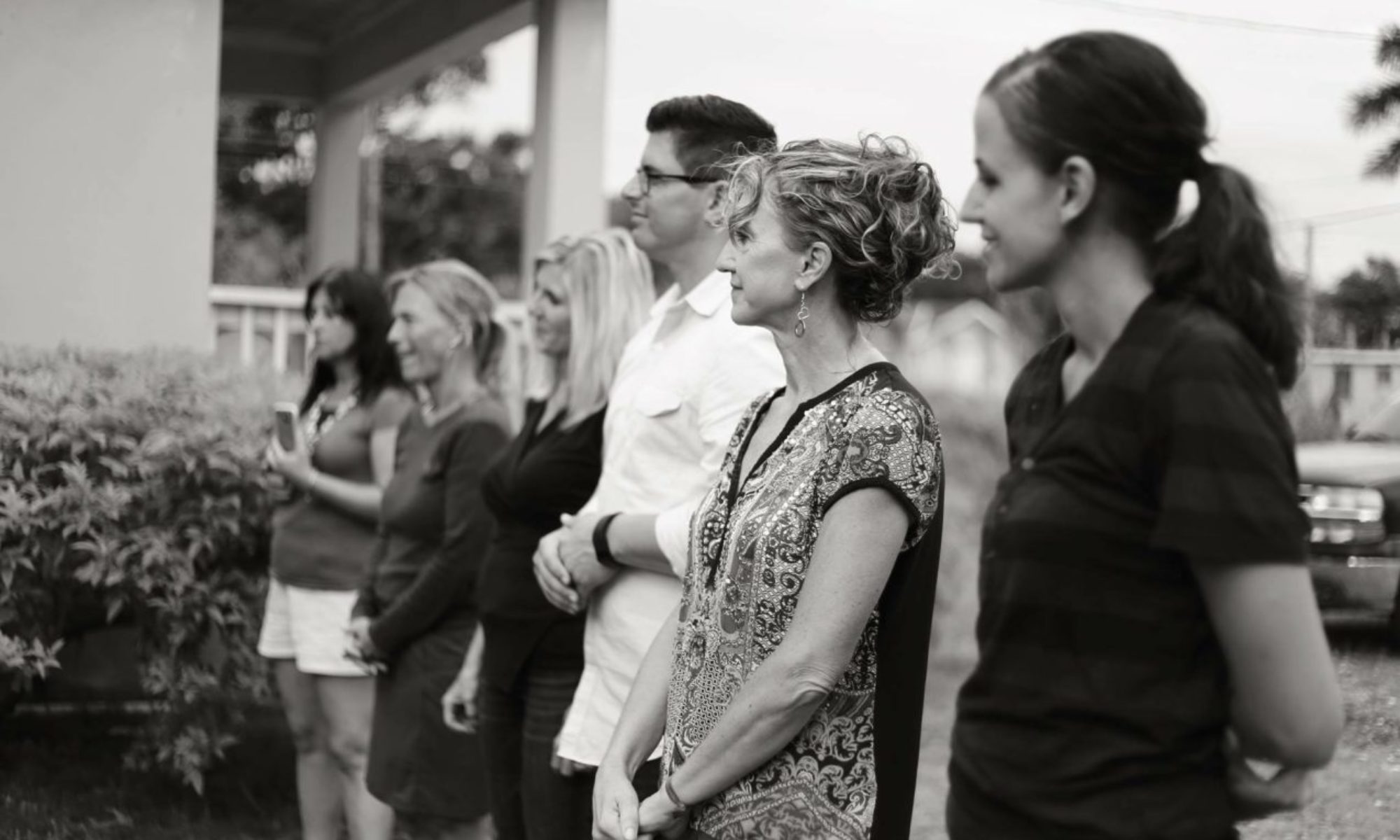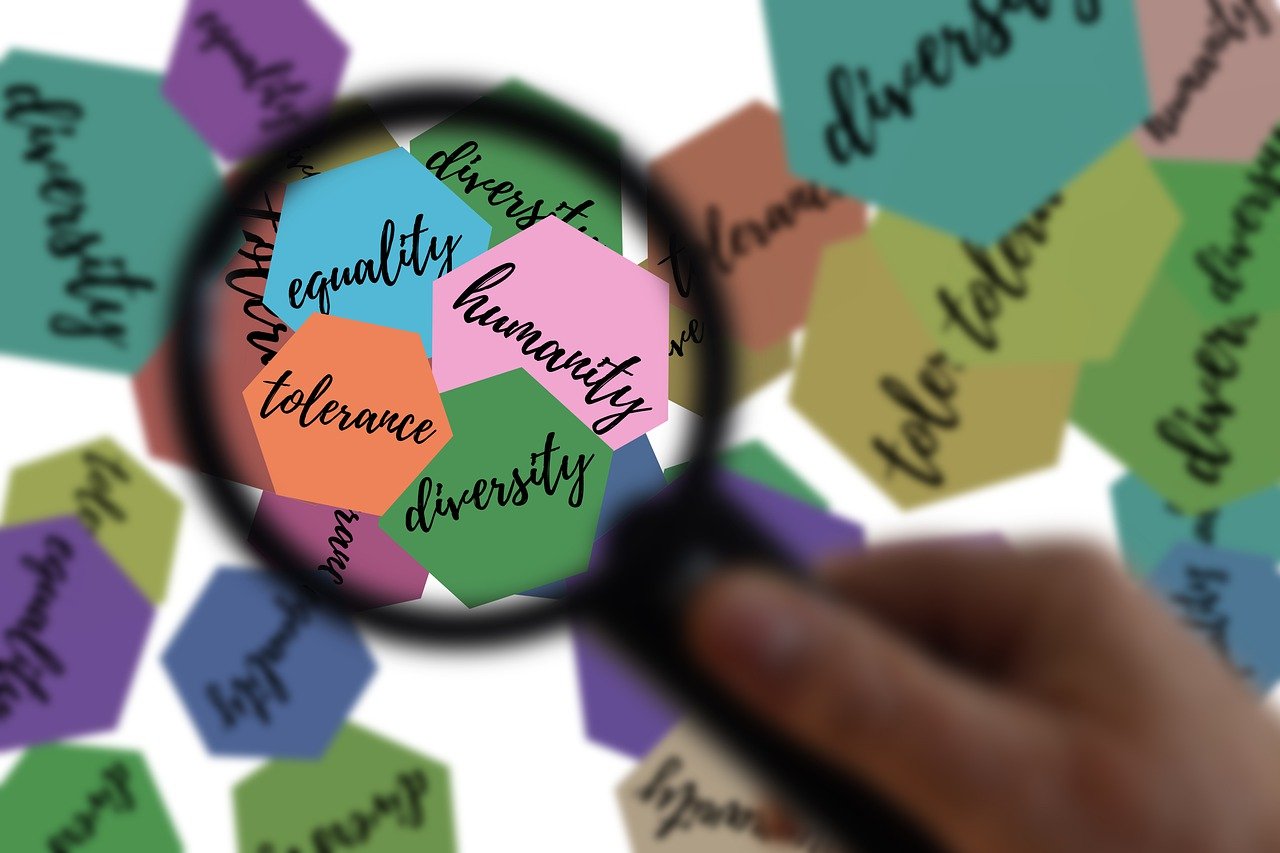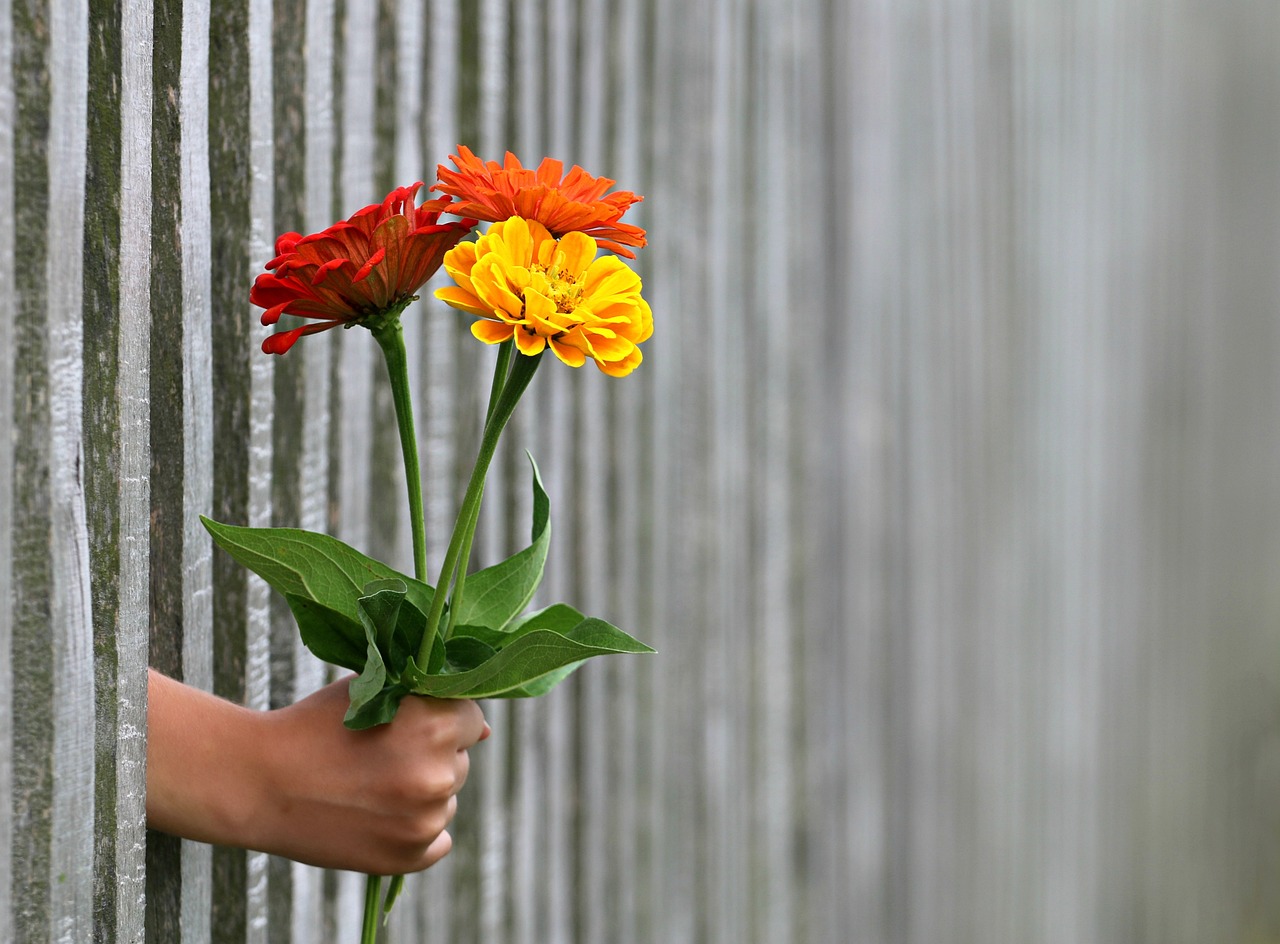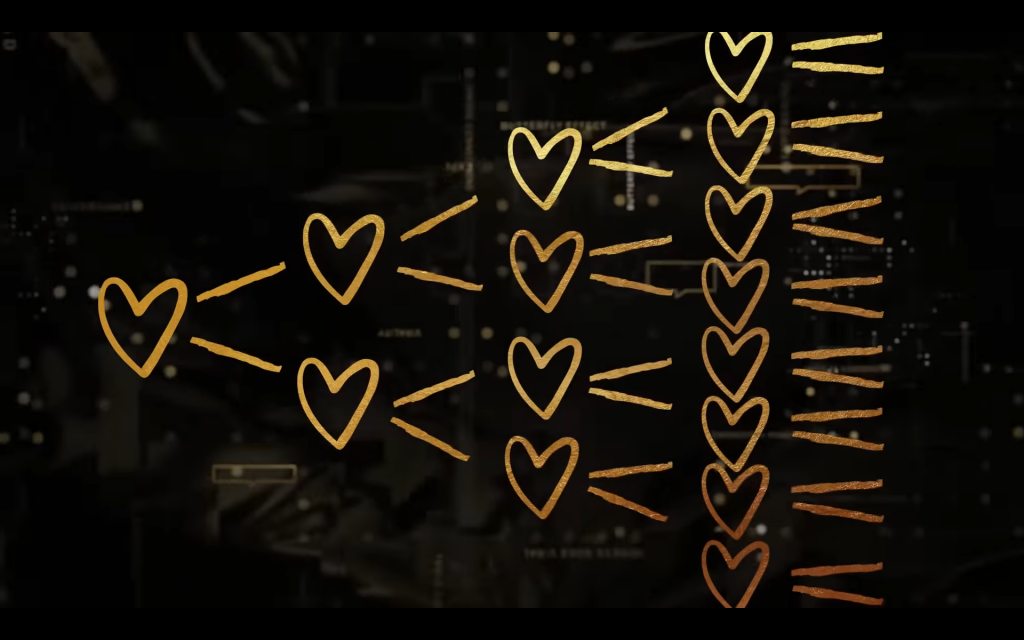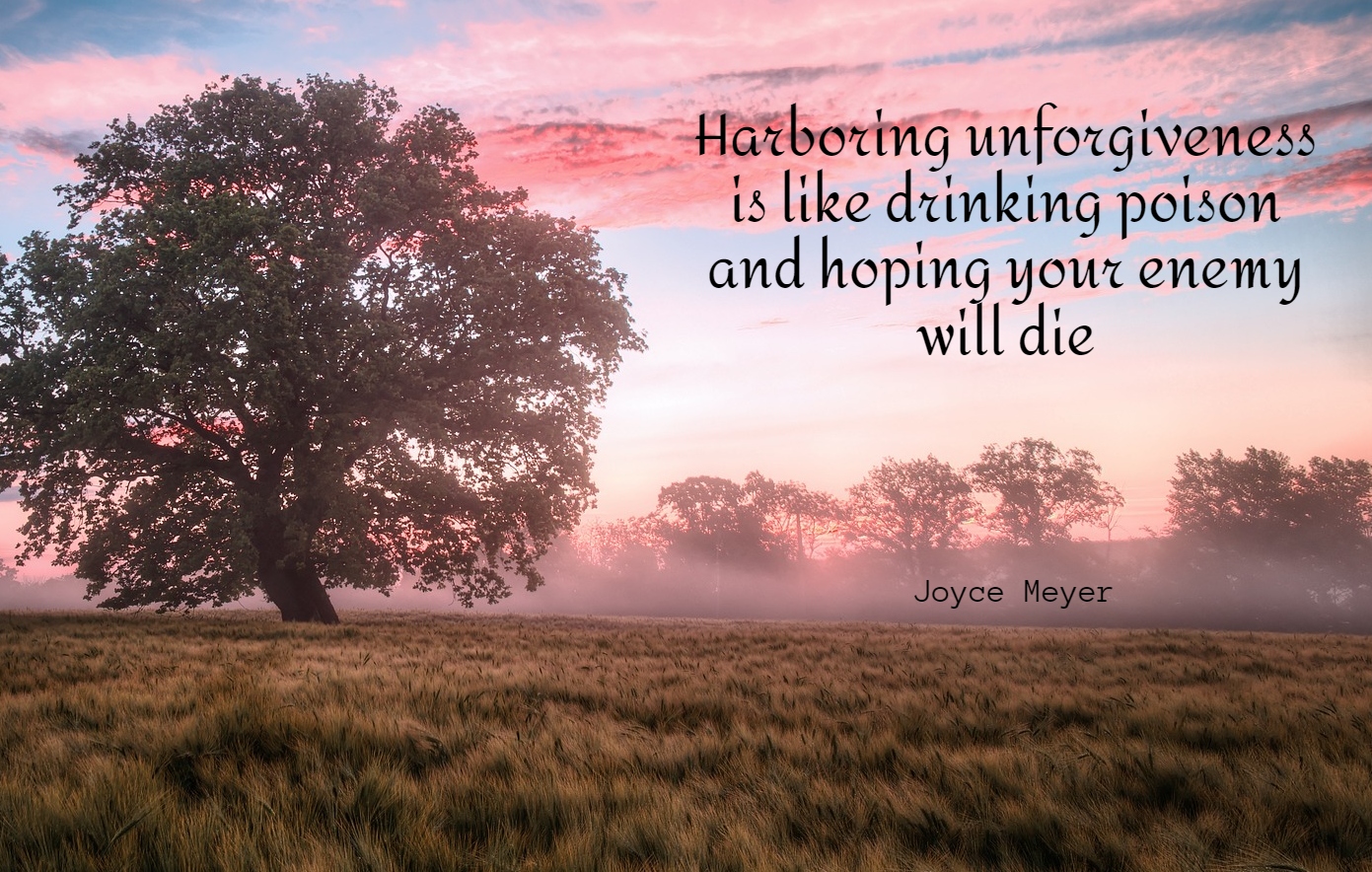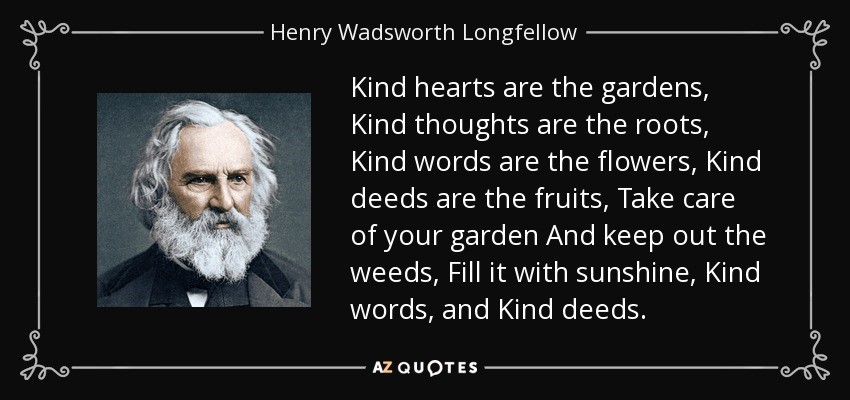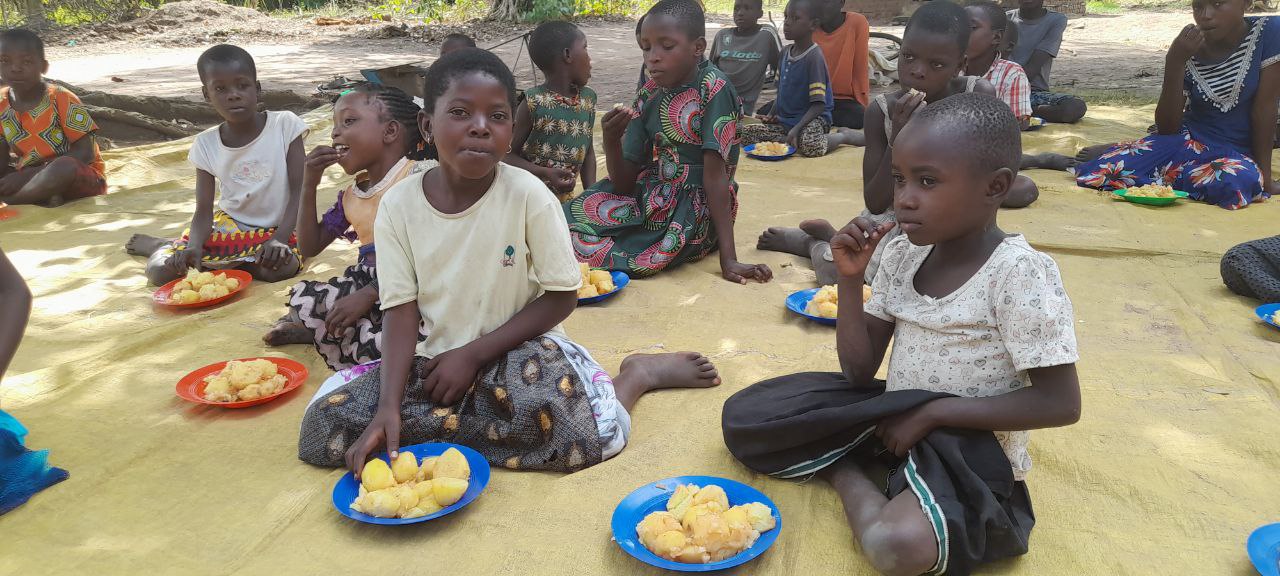This summer, I found myself on a hiking trail on the breathtaking Colorado Plateau. As I reached a clearing, the view unfolded like a painting—rocky cliffs kissed by the sun, wildflowers dancing in the breeze, and a crystal-clear river reflecting the sky. In that moment, I felt an overwhelming sense of gratitude wash over me. It was a reminder that life is not just about the big milestones but also about savoring the small moments that fill our days with joy.
Loving life is often about perspective. Take the story of Maya, she turned her morning commute into a ritual of joy. Rather than dreading the crowded subway, she started bringing her favorite book along. Each ride transformed into an escape, a little adventure in the midst of her busy routine. She discovered that joy could be found in the simplest of actions, like flipping the pages of a novel or observing the world through the window. This shift in mindset not only made her commute bearable but also sparked a love for reading that she hadn’t tapped into before.
Then there’s the case of Mark, who decided to embrace spontaneity. Tired of the monotony of his daily grind, he began saying “yes” to every invitation and opportunity that came his way. This simple change led him to join a salsa class, try his hand at pottery, and even go skydiving. Each new experience not only expanded his horizons but also brought him a sense of exhilaration that reignited his passion for life.
Loving life also involves cherishing the people around us. A simple family dinner can become a cherished memory when filled with laughter and stories. Last month, at a potluck with friends, everyone brought a dish that held a special meaning. As we shared food and memories, the evening turned into a celebration of our lives—our dreams, our challenges, and the beauty of our connections.
Ultimately, loving life is about cultivating gratitude, embracing spontaneity, and nurturing relationships. It’s about finding joy in the mundane and turning ordinary moments into extraordinary memories. As we navigate our journeys, let’s remember that life is a tapestry woven from these experiences. By choosing to love and appreciate every thread, we can create a rich and fulfilling existence. So, take a moment today to pause, breathe, and embrace the beauty of life all around you. You might just discover that love for life was waiting for you all along.
